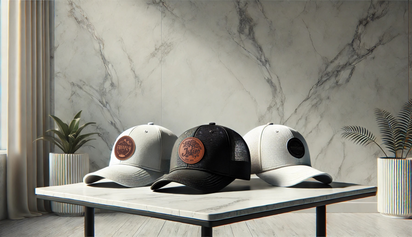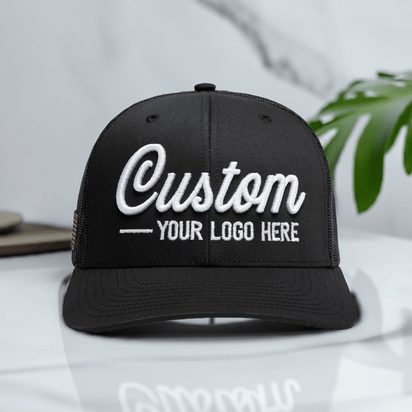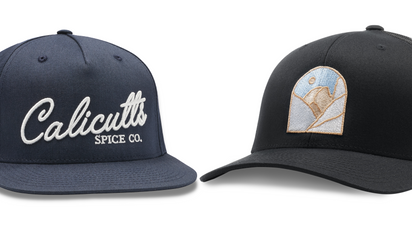🆓 🚛 Free US Shipping (excl. HI, AK, PR) | ⚠️ HOLIDAY TURNAROUND NOTICE — Orders placed after 11-29 are not guaranteed to arrive before Christmas ⚠️
🆓 🚛 Free US Shipping (excl. HI, AK, PR) | ⚠️ HOLIDAY TURNAROUND NOTICE — Orders placed after 11-29 are not guaranteed to arrive before Christmas ⚠️











